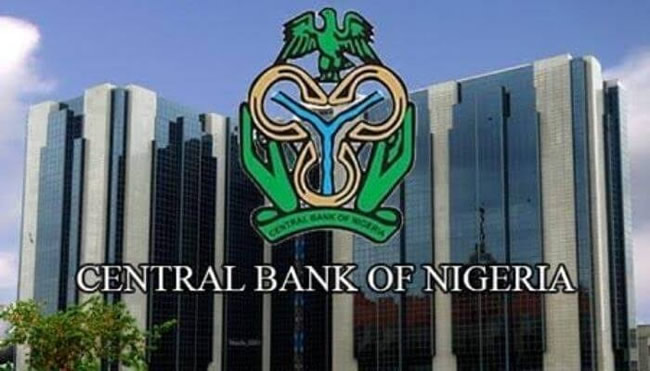Foreign exchange market: A new era of transparency, accountability
The launch of the Nigeria Foreign Exchange Code (FX Code) marks a significant milestone in the country’s journey towards a more transparent and accountable foreign exchange market. This landmark initiative is a testament to the collective efforts of stakeholders to promote ethical conduct, fairness and efficiency in the market. The FX Code is built on […]

The launch of the Nigeria Foreign Exchange Code (FX Code) marks a significant milestone in the country’s journey towards a more transparent and accountable foreign exchange market. This landmark initiative is a testament to the collective efforts of stakeholders to promote ethical conduct, fairness and efficiency in the market.
The FX Code is built on six core principles: Ethics, Governance, Execution, Information Sharing, Risk Management and Compliance, and Confirmation and Settlement Processes. These principles align with international standards while addressing Nigeria’s unique challenges, providing a foundation for a resilient and transparent market that inspires confidence among domestic and international participants.
The importance of this initiative cannot be overstated. Nigeria’s foreign exchange market has faced numerous challenges in the past, including multiple exchange rates, unethical practices, and a lack of transparency. These issues have undermined market integrity, contributed to inflation, and eroded public confidence.
However, with the FX Code, Nigeria is signaling its commitment to a new era of transparency and accountability. The code is not just a set of recommendations; it is an enforceable framework that will be backed by penalties and administrative actions for non-compliance.
- How FG spent $8bn to support naira – Rewane
- FG reaffirms commitment to transforming Nigeria’s agribusiness sector
The impact of this initiative is already being felt. The introduction of the Electronic Foreign Exchange Matching System (EFEMS) in December 2024 has improved market transparency and efficiency, with the naira appreciating significantly since its launch. Additionally, Nigeria’s external reserves have grown by 12.74 per cent, reaching US$40.68 billion at the end of 2024.
The success of the FX Code will depend on the collective efforts of all stakeholders. Market participants must recognise that adherence to the code’s principles is not merely about compliance but about restoring public trust in the financial system.
Leaders in the industry must lead by example, embedding the code’s standards within their organisations. The Central Bank of Nigeria (CBN) has already taken steps to ensure the code’s effectiveness, including the introduction of revised guidelines for the Nigerian Foreign Exchange Market (NFEM) in November 2024.
As Nigeria continues to navigate the complexities of the global economy, the FX Code will be a vital tool in shaping the country’s economic future. With its comprehensive framework and enforceable provisions, the FX Code is poised to restore public trust in the financial system and promote a more transparent and accountable foreign exchange market.
The launch of the Nigeria Foreign Exchange Code marks a significant milestone in the country’s journey towards a more transparent and accountable foreign exchange market. The code’s comprehensive framework and enforceable provisions are poised to restore public trust in the financial system and promote a more transparent and accountable foreign exchange market.
As Nigeria continues to navigate the complexities of the global economy, the FX Code will be a vital tool in shaping the country’s economic future. With the government’s commitment to promoting economic growth and development through infrastructure development and foreign exchange market reforms, Nigeria is well on its way to achieving a more transparent and accountable foreign exchange market.
Isah Aliyu Chiroma resides in Abuja
